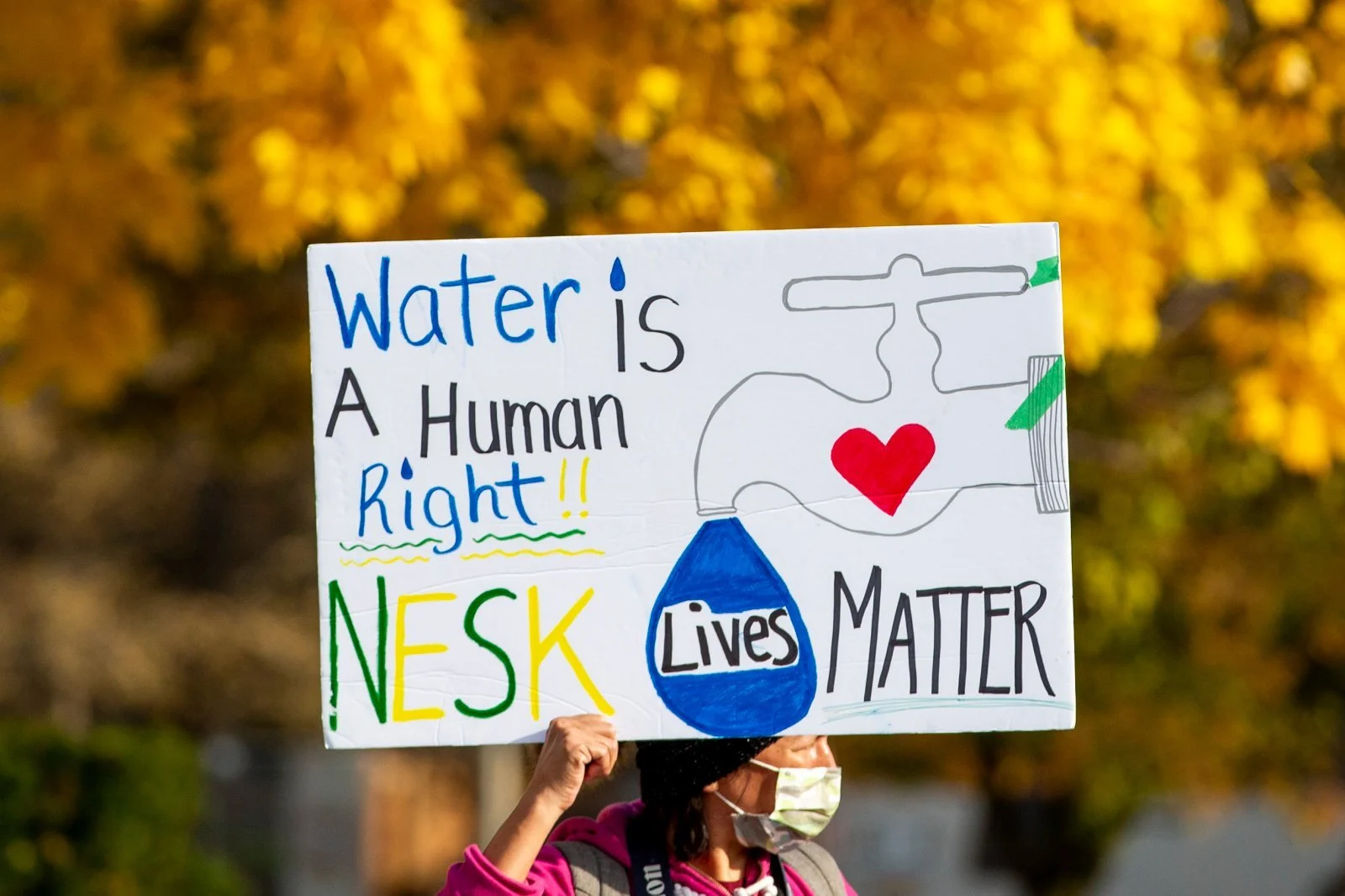Area residents said they worry that the lakes in the area and municipal water will be affected by the plant. "There is no discharge from the factory whatsoever. As a matter of fact, they’re not even hooked up to sewage," said Chirico. "So there’s no effluent that will be discharged. They have their separate bed, which is inspected, which must be tested, all of these types of things." No one from IPC was made available for an interview with CTV News, but the company president issued a statement. "The North Bay IPC facility boasts state-of-the-art processes that are entirely enclosed and fully recyclable, resulting in zero environmental impact," the statement reads in part. "No water from our manufacturing process is discharged into any lakes, streams or other bodies of water. Additionally, no material waste is produced during the process."
Chemicals are forever: a new factory opens near Lake Nipissing, where water is already contaminated
Local news coverage of the opening has been sparse, mostly touting that the plant will bring economic benefits, including up to 35 new jobs to a town with an unemployment rate more than double the national average. Less has been said publicly about the company’s plans to manufacture — or perhaps just use, depending which Industrial Plastics employee is speaking — polytetrafluoroethylene (PTFE), a Teflon-like product that falls into a larger group of chemicals called per- and polyfluoroalkyl substances (PFAS).
North Bay's Canadore College gets $750K for a clean water lodge
North Bay's Canadore College has received $750,000 from FedNor to build an Indigenous clean water learning lodge. The lodge will be a testing ground for water treatment technology, and will also apply Indigenous knowledge around conservation. The funding announcement was part of a $2.8-million investment to support four initiatives at the northern Ontario college.
Global security and clean water part of new Canadore funding
It took Craig McLellan one simple lecture at Canadore College to realize North Bay would be an ideal spot to relocate his business. "I spoke to 90 first year software development students and at the end of my 10-minute talk I said a show of hands how many of you want to stay in North Bay after you graduate, and over 75 per cent of them put their hands up," said McLellan, the president and CEO of ThinkOn.
Flood warning issued for Chippewa Creek in North Bay
The North Bay-Mattawa Conservation Authority (NBMCA) has issued a flood warning for the Chippewa Creek in North Bay, and a water safety statement for the rest of the watershed. A warning means flooding is imminent or already occurring in specific watercourses or municipalities. Recent thunderstorms in the region have caused significant rainfall and increased volumes in waterways.
Mall takes on water conservation project
Planned water conservation by Intercity Shopping Centre is expected to benefit the environment and the mall’s tenants by optimizing water use and reducing water costs. Intercity Shopping Centre has been chosen along with New Sudbury Centre in Sudbury and Northgate Shopping Centre in North Bay to have a Smart Valve installed which aims to save water use by 10-25 per cent. Most water metres measure by volume, which means that any air volume gets billed as water. The device measures water usage more accurately and reduces over-delivery of water, essentially improving sustainable performance.
Council approves study of Trout Lake, city's sole source of drinking water
The city has agreed to move forward on the first watershed study on Trout Lake – the sole source of drinking water for North Bay – in nearly 30 years. North Bay council awarded a $112,809.38 contract, plus HST, Tuesday evening to J.L Richards & Associates Ltd. to conduct the study and prepare a management plan for the lake. A staff report provided to council ahead of the meeting says the study and management plan are important to ensure the lake and inflowing streams are appropriately protected.
How colonial systems have left some First Nations without drinking water
Rebecca Zagozewski, executive director of the Saskatchewan First Nations Water Association, said she has seen contractors save on costs when building water treatment plants on reserves by using obsolete parts and failing to include maintenance manuals, ventilation or chemical rooms, and bathrooms. “Engineering companies will put in their bids obviously as low as they can go,” said Zagozewski.









